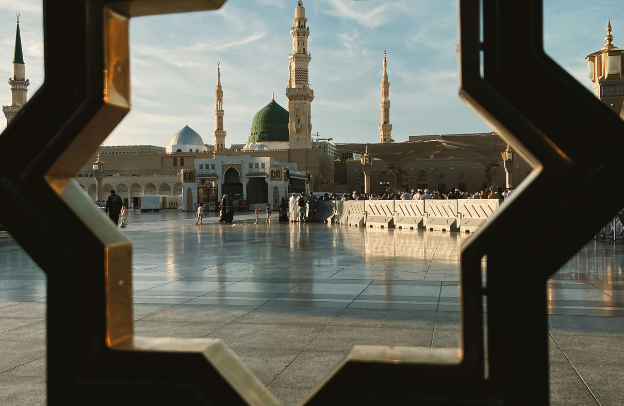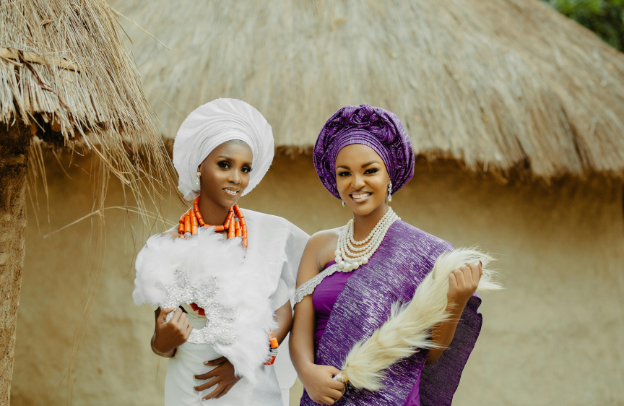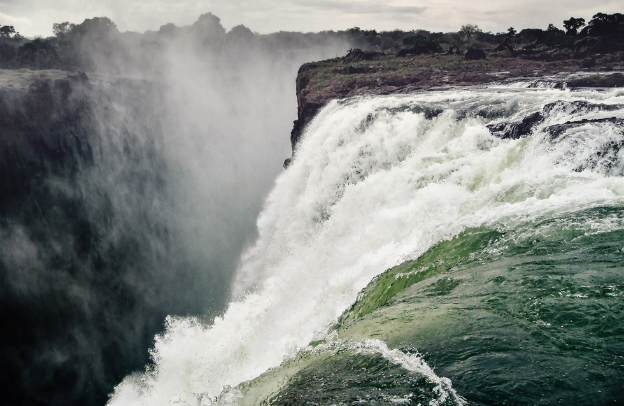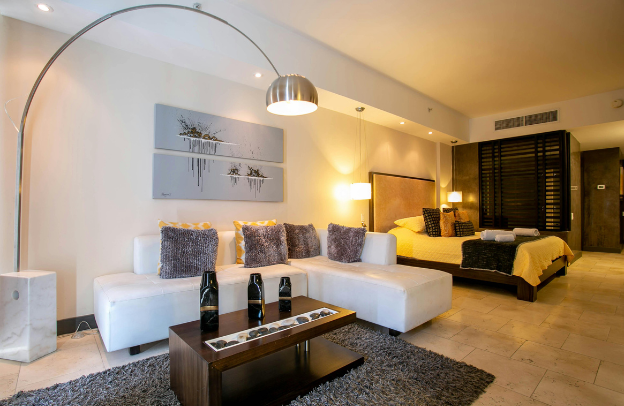Malik From Medina to West Africa to Find What Was Taken

Malik had spent his life in the shadows of unanswered questions. Born and raised in the Middle East, he always knew he was different—the color of his skin, the guarded looks, the way history skipped over people like him.
Learn How to Leverage Your Story through our Story To Asset Framework.
But it wasn’t until a quiet family confession revealed the truth—that his ancestors were enslaved Africans, castrated during the Arab slave trade, and erased from lineage—that the silence began to scream.
It was a history no one wanted to speak of, a wound so deep it seemed invisible. But Malik could no longer carry the weight of a stolen past without facing it.
So, he made a choice—to return to West Africa, to seek the story that was never meant to be told, and to reclaim the voice of those who were never meant to survive. He wasn’t just traveling—he was resurrecting memory.
Day One – The Pain With No Name
Malik had always known there were gaps in his family’s history—whole generations swallowed by silence. Raised in the Middle East, where the Arab slave trade was barely whispered about, he grew up with fragments: his skin, darker than most around him; his surname, stripped of meaning; his grandfather’s eyes, always haunted.
Then, during a late-night conversation with an aging uncle, the truth slipped out: “Your ancestors were taken from Africa… castrated… made into eunuchs in the palaces. They weren’t meant to survive, but you are here.”
That night, Malik couldn’t sleep. Rage and sorrow tangled in his chest. He looked in the mirror and felt the weight of a stolen lineage staring back.
By morning, he knew what he had to do.
He booked a flight to West Africa—not just to learn the truth, but to give voice to those whose stories were cut short.
Day Two – The Land That Still Remembers
Malik arrived in Banjul, The Gambia, a humid wind greeting him like a breath from the past. Every scent, every face on the street stirred something ancestral inside him.
He visited a local museum, where exhibits on the Trans-Saharan slave routes were small, tucked away, overshadowed by stories of European colonizers. But one guide, an old historian with fiery eyes, pulled him aside.
“Everyone talks about the Atlantic trade,” he said. “But our people were also taken across deserts. Cut, silenced, and erased. You coming back? That’s sacred.”
Malik felt his heartbeat louder.
Tomorrow, he will go inland to find the places his ancestors may have been taken from.
Day Three – Echoes in the Village Dust
In a small village near the Senegal border, Malik met elders who spoke of ancient raids, of boys stolen by Arab traders, of mothers who wept under baobab trees.
An old griot, seated beside a fire, took Malik’s hand. “We remember those who didn’t return. But you, you return.”
See also Capturing Your Verona Memories: My Verona Journey Series, Part 9
Malik walked the fields in silence, pressing his palm to the red earth. For the first time, he didn’t feel invisible. He felt mournful. And welcome.
Tomorrow, he would enter a sacred forest where prayers for the lost are still spoken.
Day Four – Where the Ancestors Wait
In the sacred grove, Malik was led by a spiritual guide—a priest of Serer tradition—who believed that the spirits of the castrated, those denied family and legacy, still wander.
Under a towering tree, Malik knelt. The guide poured libations and called out names no one remembered. Malik whispered his own name into the soil, offering it as a bridge between past and present.
“You are their voice now,” the priest said. “You are what they were never allowed to be—whole.”
Malik wept.
Tomorrow, he would learn about rituals of healing and ancestral rebirth.
Day Five – Restoring the Line
Malik was taken to a naming ceremony, not for a newborn, but for the ancestors.
Together with the community, he lit candles and spoke the names of those who had no tombstones, no descendants—until now. They gave him a name in the Mandinka language: Kelefa, meaning “He who brings the line back.”
It wasn’t just symbolic. It was spiritual justice.
Malik felt it in his bones: the silenced were speaking again, through him.
Tomorrow, he would gather symbols of memory to bring back home.
Day Six – Carrying the Story Forward
At the market, Malik collected handcrafted beads, iron sculptures, and carvings representing fertility, wisdom, and survival. Symbols that once would’ve been denied to his ancestors.
He met an artisan who placed a carved staff in his hands and said, “Take this. You walk not only for yourself.”
See also A First-Timer’s Guide to Verona: My Verona Journey Series, Part 6
He wasn’t just bringing home souvenirs—he was bringing home fragments of identity, slowly pieced back together.
Tomorrow, he would return to the Middle East—not to erase his upbringing, but to reclaim the parts of it that had been buried.
Day Seven – A Line Rejoined
Back in his apartment, Malik unpacked each item with reverence. He placed the staff beside a small altar, lighting candles for ancestors who never had graves.
He began sharing his story online, in community spaces, with anyone who would listen. Not out of bitterness, but truth.
For centuries, the eunuchs of the Arab slave trade were made invisible, their suffering denied. But Malik, born of survival and spirit, was proof: they lived, they mattered, and now they are remembered.
His body carries their silence.
His voice carries their return.
His life is the legacy they were never supposed to have.
Learn How to Leverage Your Story through our Story To Asset Framework.





